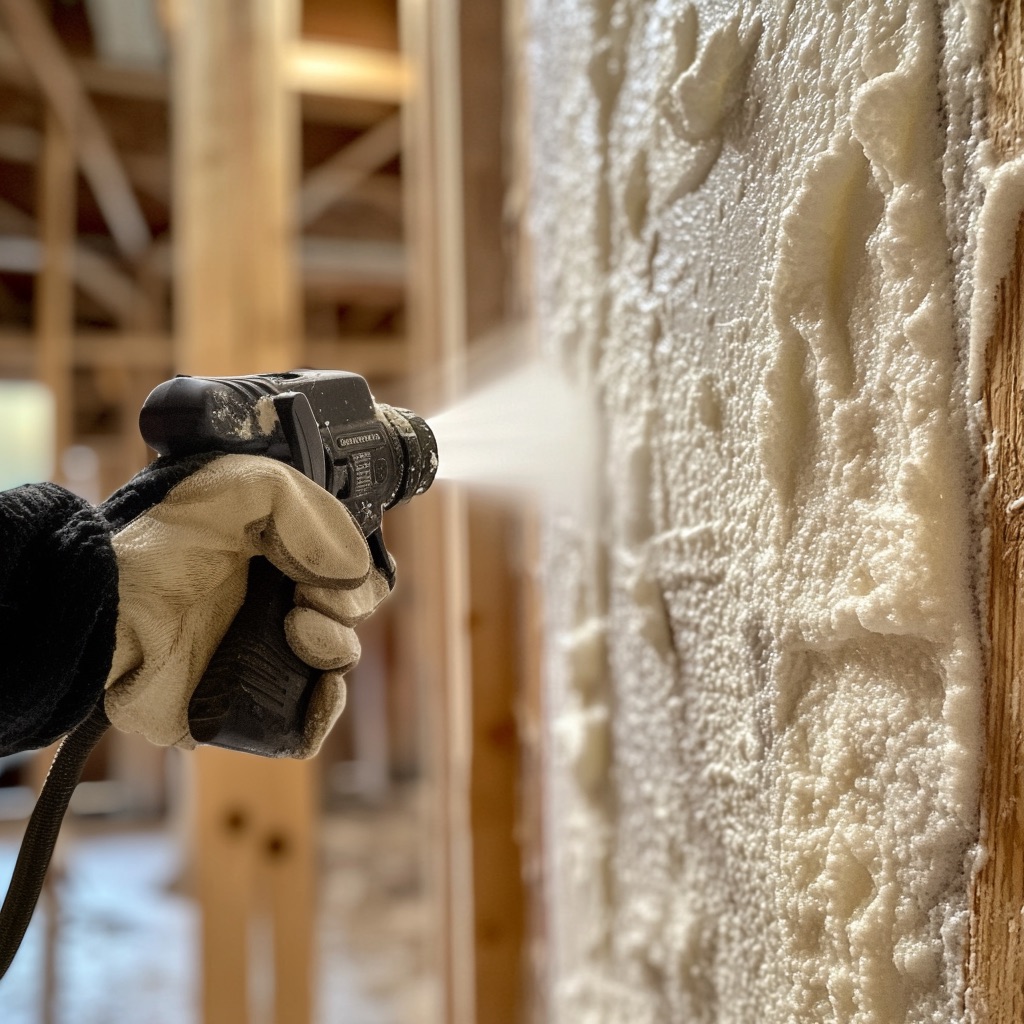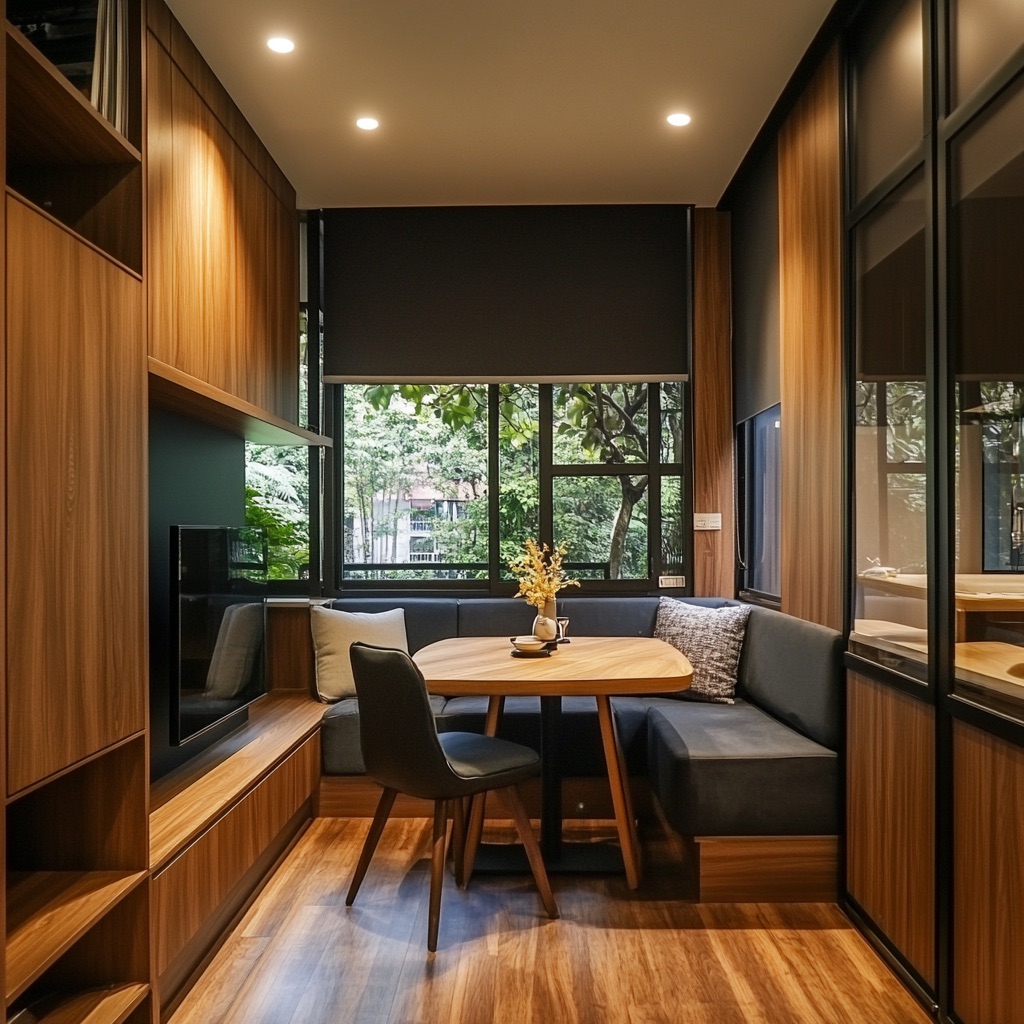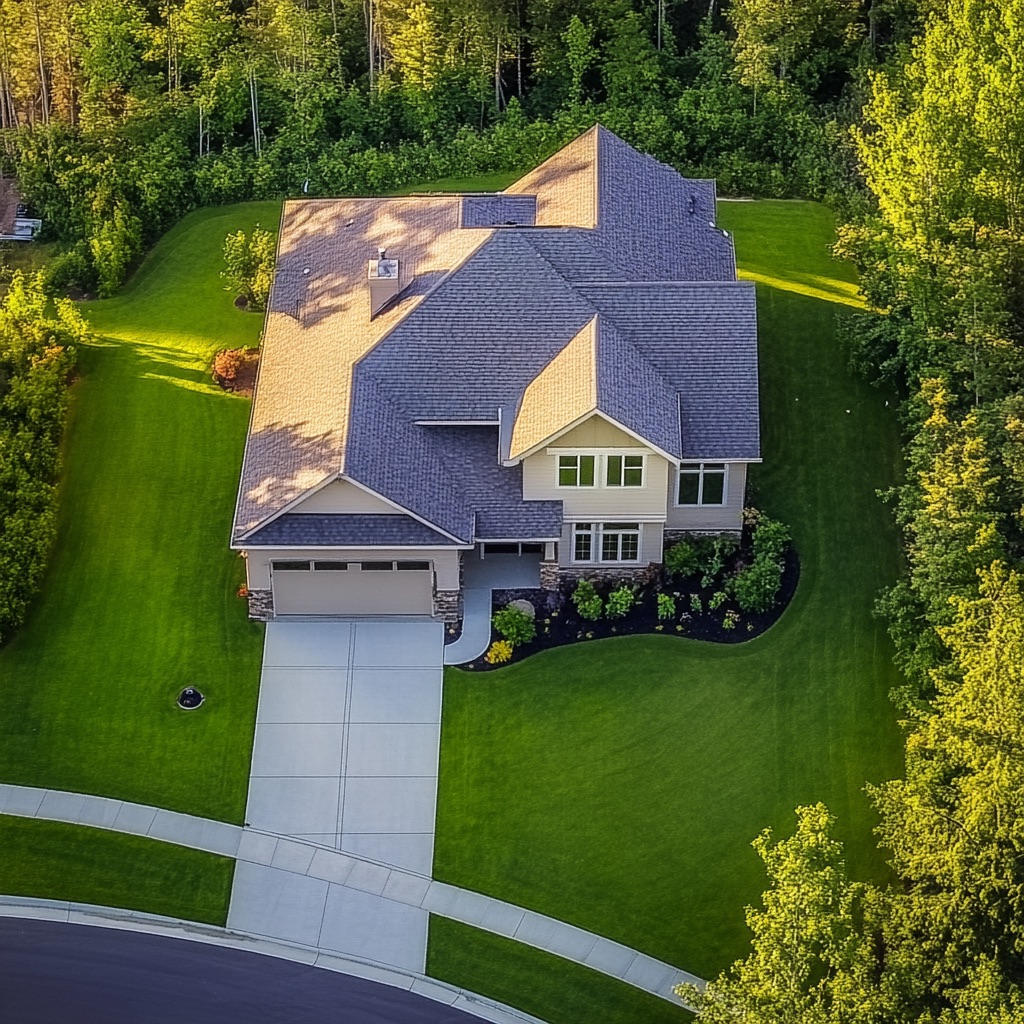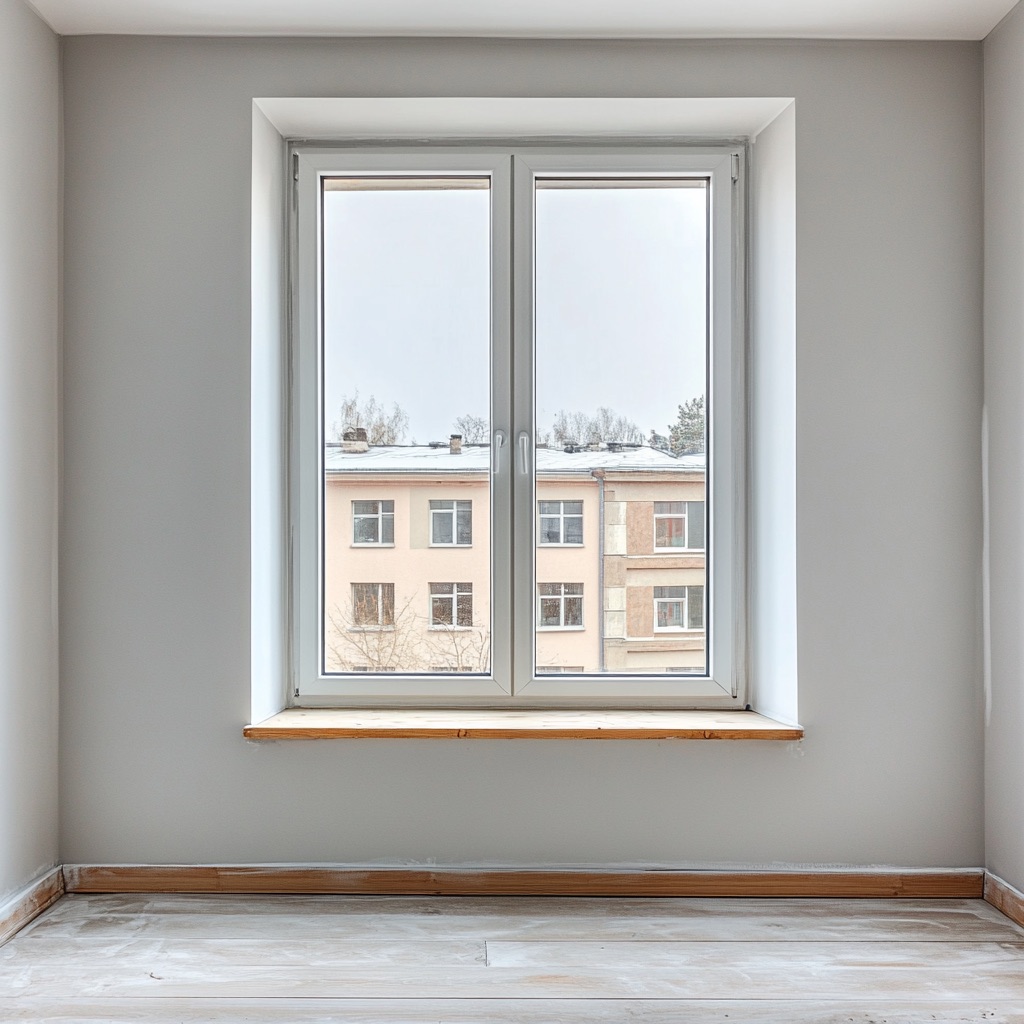Windows are a critical component of any home’s design, affecting not just aesthetics but also the efficiency of heating, ventilation, and air conditioning (HVAC) systems. The type, quality, and integrity of your windows can significantly influence your home’s energy consumption by either retaining or losing heat, depending on the season.
Properly installed and well-insulated windows can reduce the energy burden on your HVAC system, maintaining comfortable temperatures indoors and consequently reducing utility bills. As we explore the impact of windows on HVAC efficiency, it becomes clear that investing in the right windows is not just a matter of comfort, but also of cost-effectiveness and energy conservation.
Assessing Window Efficiency

The first step towards understanding window-related HVAC inefficiency is assessing the current performance of your windows. Look for signs of wear and tear such as drafts, difficulty in operation, or condensation between panes which can indicate a decline in insulative properties.
Energy performance ratings provided by the National Fenestration Rating Council (NFRC) also serve as a crucial guide in evaluating the efficiency of windows, allowing homeowners to compare products and make informed decisions.
Another important aspect to examine is the installation quality. Even the most energy-efficient windows will underperform if not installed correctly, leading to potential air leaks and thermal bridges. Ensuring professional installation and regular maintenance checks can help preserve the window’s efficiency.
Lastly, factors such as window orientation and shading should be taken into account. Windows facing the sun can introduce additional heat during summer, requiring more from the HVAC system to cool the interiors. Conversely, in winter, south-facing windows can capitalize on solar gain and reduce heating demands.
Strategically placed trees and awnings can mitigate these effects by providing shade and acting as windbreakers. Experienced HVAC contractors can offer valuable advice on the positioning of windows to optimize efficiency. It is also important to note that the impact of windows on HVAC efficiency is not just limited to heat transfer.
Types of Energy-efficient Windows
There are various types of energy-efficient windows designed to improve HVAC efficiency. Double or triple-pane windows filled with inert gas and coated with low-emissivity (low-E) materials restrict heat flow while allowing light to pass through. These advanced windows provide superior insulation compared to traditional single-pane versions.
Frame material is also a factor; materials like fiberglass, vinyl, or composite offer better insulation than aluminum. Wood frames offer excellent natural insulation but may require more maintenance to ensure they remain efficient.
Additionally, innovative windows with dynamic glazing or built-in blinds can adjust to external temperatures or user preferences, offering an adaptable solution to maintain indoor comfort while reducing energy usage.
Cost-benefit Analysis of Energy-efficient Windows

Considering the investment in high-performance windows is essential for homeowners. The initial costs are often higher than traditional windows, but they can lead to substantial energy savings over time, providing a good return on investment (ROI).
Government incentives or rebates for energy-efficient home improvements can also help offset installation costs. Homeowners should research available programs in their area to maximize their savings.
Furthermore, beyond the direct HVAC cost savings, energy-efficient windows can increase property value and marketability, an important consideration for those looking to sell in the future.
Seasonal Window Management for Enhanced Efficiency
Effective window management can drastically affect home HVAC efficiency across different seasons. During summer, using reflective window films or thermal drapes can block out excess heat and UV rays, reducing the cooling load on the HVAC system.
In colder months, utilizing insulative window treatments or storm windows adds an extra layer of warmth, trapping heat inside. This can significantly reduce the need for heating and contribute to a more sustainable energy consumption model.
Homeowners should also consider the role of natural ventilation; opening windows when outdoor temperatures are pleasant can reduce the reliance on mechanical HVAC systems and promote better indoor air quality.
Future Innovations in Window Technology
The potential for technological advancements in window design promises to further revolutionize HVAC efficiency. Windows that harvest solar energy or that can transition from transparent to opaque, providing privacy and insulation simultaneously, are already in development.
Smart windows equipped with sensors can automatically adjust tint based on the intensity of sunlight or pre-set preferences, maximizing comfort while minimizing energy use.
As research continues to evolve in materials science and renewable energy, homeowners can anticipate a future where their windows not only contribute to but actively manage their home’s energy efficiency, signaling a paradigm shift in residential HVAC systems.
A Proactive Approach to HVAC Maintenance
Homeowners seeking the best HVAC repairs should consider a proactive approach that includes regular maintenance checks of both their windows and HVAC systems. Identifying and addressing issues like drafts, leaks, or inefficiencies in window insulation can prevent unexpected HVAC failures. Engaging with experienced HVAC contractors who understand the interplay between window efficiency and HVAC performance can provide valuable insights into maintaining an efficient and reliable system.
The Takeaway
Windows play a significant role in HVAC efficiency and the overall energy consumption of a home. By choosing high-performance windows, managing them appropriately, and leveraging emerging technologies, homeowners can optimize their HVAC system’s performance while reducing utility costs and environmental impact.
Investing in energy-efficient windows is not just an investment in comfort but also a step towards sustainable living for both present and future generations.
Recap




